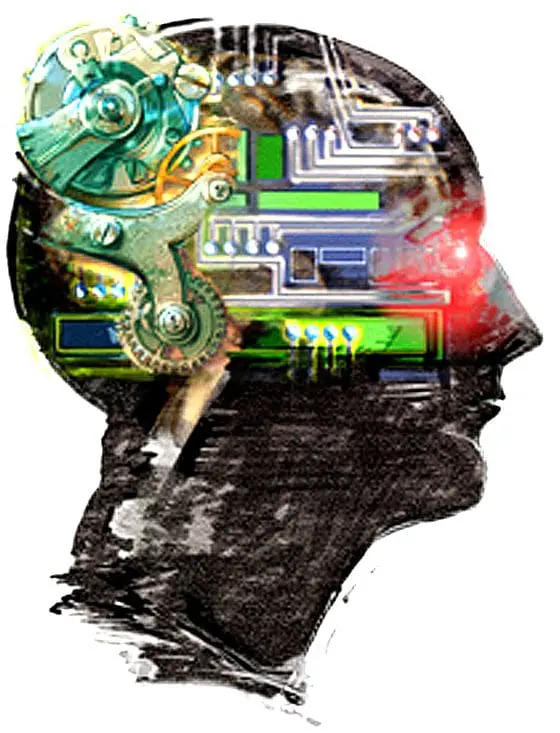Our world is broken and death, suffering, pain, and moral evil plague mankind. This has been part of history for as long as anyone can remember. Yet despite the seeming inevitability of death, suffering, and moral evil, most people have hope for something better in the future. What you believe about the past has an influence on what you believe about the future and what (or who) you place your hope in.
Hope in the evolutionary worldview
In the Western world today there are two primary worldviews. The first is the evolutionary worldview. In an evolutionary history of the world, death and suffering have always been a part of life’s existence. Actually death is the hero of evolution. Humans are here because of millions of years of death and extinction. So, really, death is not a bad thing in an evolutionary view. And yet we desperately wish to rid ourselves of it.
Also, it’s worth noting that in an evolutionary worldview there can be no such thing as moral evil. If we are just evolved animals then why can’t we just do what animals do? What makes any action right or wrong? After all, animals have no sense of morality and no one holds them accountable, so why are humans held accountable? And to what standard are we held accountable to? In an evolutionary view there is no absolute standard for morality.
So if death is a part of evolution and is actually responsible for our existence, and if there is no such thing as moral evil, then what hope is there for the future? Well, evolutionists often appeal to the future of mankind. The only hope is a race of super humans, made either through “designer babies” or perhaps “artificial intelligence,” that will save mankind by ushering in a different world. This is the only hope that evolutionists can have.
Hope in the biblical view
But the biblical worldview offers a completely different picture of both the past and the future. Our world was originally created perfect (Genesis 1:31), free from any death or suffering. But the first people, Adam and Eve, disobeyed God and the penalty for their sin was death (Genesis 2:17). Their choice brought death, suffering, and moral evil into the world and, because we all sin and rebel against God, we all suffer and eventually die (Romans 5:12). But God has provided a way for mankind to be redeemed from death. God Himself became a man in the person of Jesus Christ, taking the penalty that we deserve upon Himself when He died on the cross. His death allows all who believe in Him to experience eternal life. Believers in Christ have a hope-filled eternity where there will be no more death, mourning, crying, or pain (Revelation 21:4). All of these things will eventually be destroyed forever. This is true hope, grounded in the history of God’s Word.
Evolution and creation are not just attempts to explain the past. They are both worldviews that influence how we view the past, the present, and the future. But only biblical creation offers true hope and that’s because it starts from the right foundation, the history revealed in God’s Word.





